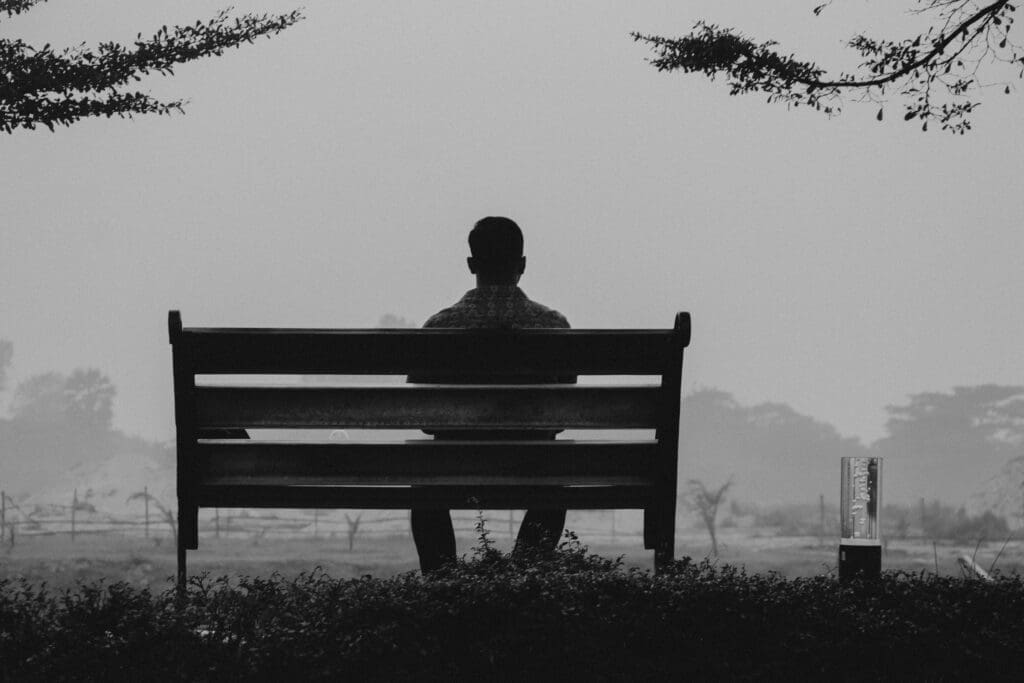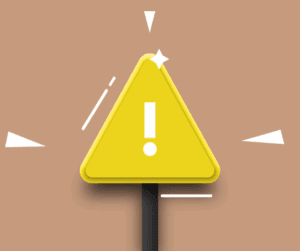A recent report from the Pew Research Center found that about one in six Americans experiences loneliness or social isolation, highlighting the growing need to strengthen social connections. Kansas State University health professional Elaine Johannes says this trend has serious health implications and deserves more attention.
According to Pew’s Men, Women and Social Connections report, both men and women report similar levels of loneliness, but women tend to reach out to broader support networks. Men are more likely to rely primarily on a spouse or partner. Older adults—those over 50—are less likely to feel lonely than younger people, possibly due to stronger ties to institutions and community.
Social isolation refers to a lack of relationships or interaction with others, while loneliness is the feeling of being disconnected. A 2024 Harvard study links social isolation to a 32% higher risk of early death and loneliness to a 14% increase.
Johannes points to the value of local programs, such as those offered through Kansas State’s extension network, which can foster connection through health, leadership, and physical activity. For those struggling with persistent loneliness or isolation, she recommends reaching out to local mental health providers or exploring online behavioral health services for support.













